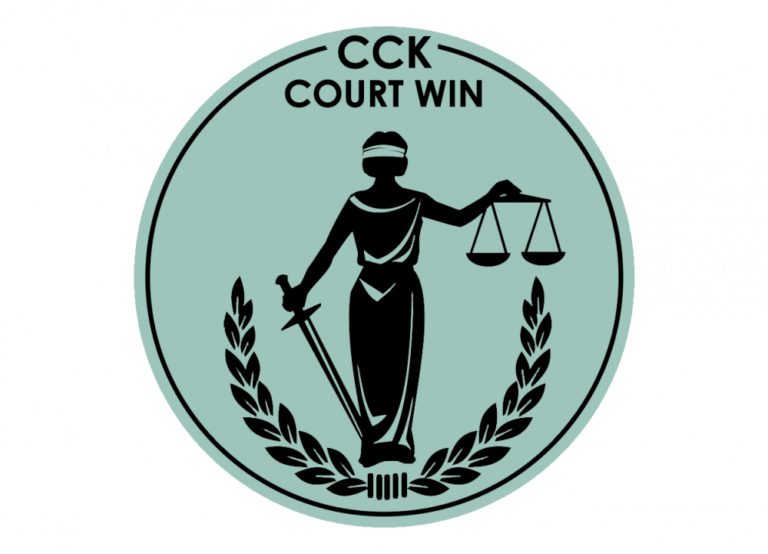Board erred when it denied extraschedular referral for Veteran’s shoulder condition

CCK Law: Our Vital Role in Veterans Law
Summary
The Veteran served honorably in the United States Army from October 1984 to August 1990. In service, the Veteran fell while unloading a truck and injured his left shoulder. Following this injury, the Veteran at times was unable to move his arm. He also reported that he could not raise his arm over his head, and that he was unable to get things off of shelves. He had trouble getting to sleep or staying asleep because of the pain. The Veteran also had numbness in his hand, along with a pins and needles sensation. The Regional Office awarded service connection for his shoulder condition in 2004. The Veteran appealed this decision and received an increase to 10% in 2007.
The Board denied referral for extraschedular consideration of the Veteran’s left shoulder condition.
In September 2016, the Board denied entitlement to a rating in excess of 10% for the Veterans shoulder disability on an extraschedular basis. The Board denied extraschedular referral as higher schedular ratings existed, and because the Veteran’s disability was not exceptional or unusual.
CCK appeals to the Court
CCK successfully appealed to the Court the September denial of referral of extraschedular consideration for the Veteran’s left shoulder condition. The Board incorrectly reasoned that because the rating schedule allows for higher disability evaluations to include symptoms more severe than those the Veteran suffered, it cannot be said that the rating schedule does not contemplate the level of disability that the Veteran experienced from his symptoms.
CAVC agrees with CCK’s arguments.
CCK argued, and the Court agreed, that the fact that higher schedular ratings existed did not preclude the Veteran from meeting the criteria for extraschedular referral. The Court held the Board’s discussion of the availability of higher schedular ratings in its extraschedular analysis was erroneous. Therefore the Court remanded the issue of the Veteran’s clavicular fracture.
About the Author
Share this Post
